Hugo Surgical Robot Heads to FDA
Medtronic’s Hugo robotic-assisted surgery platform posted strong results in a urologic study and is now under FDA review. Early data show shorter procedure times and fewer complications versus conventional laparoscopy. If cleared, Hugo will challenge Intuitive’s da Vinci dominance while pushing hospitals toward more flexible, modular robotic systems.
Implications: Increased competition could lower costs and broaden access to minimally invasive robotic surgery—though training and capital budgets remain barriers.
Fecal Transplants Ease Fibromyalgia Pain
Transferring healthy gut microbiota reduced pain sensitivity in mice and in a small human pilot with fibromyalgia. Recipients reported better sleep and lower fatigue scores for up to three months. Researchers suspect microbial metabolites dampen systemic inflammation and modulate pain pathways.
Implications: Microbiome therapy could offer a non-opioid option for chronic pain, but larger, placebo-controlled trials must confirm safety, durability, and optimal donor selection.
Ultra-Processed Foods Linked to Premature Death
A global cohort study of 600,000 adults tied high consumption of ultra-processed foods—sugary drinks, packaged snacks, reconstituted meats—to a 10–15 % increase in all-cause mortality. Even modest daily reductions yielded measurable risk drops. Critics note observational limits but applaud the scale and multiregional data.
Implications: Findings bolster calls for clearer labeling, taxes, or reformulation incentives, spotlighting diet quality as a modifiable longevity lever.
Psychedelics Dampen Stress Beyond the Brain
New research shows psilocybin and LSD alter immune and endocrine signaling, not just neural circuits. In rodent models, psychedelic-induced gene expression shifts in the gut and adrenal glands lowered cortisol spikes after stress. Early human data mirror these systemic effects.
Implications: Whole-body mechanisms may explain durable mood benefits and guide safer dosing or combination therapies—but regulatory and ethical hurdles persist.
AI Tackles “Undruggable” Targets
Deep-learning models are designing molecules for tricky protein–protein interactions once deemed undruggable. One platform generated binders for KRAS and MYC within weeks, validated in cell assays. AI accelerates hit-to-lead timelines and diversifies chemical space far beyond human intuition.
Implications: Faster pipelines could revive shelved targets and expand treatment options, though experimental validation and safety profiling remain essential bottlenecks.
Logic-Gated CAR-NK Cells Drive AML Remission
At AACR 2025, researchers unveiled a CAR-NK therapy with AND/NOT logic gates that selectively attacks acute myeloid leukemia while sparing healthy cells. In an early trial, 7 of 10 relapsed patients reached molecular remission with mild cytokine release.
Implications: Smarter cell therapies could reduce off-target toxicity and broaden use beyond B-cell cancers, but larger studies are needed to confirm durability and manufacturing scalability.
Spatial Biology Maps Tumor Time-Travel
High-resolution spatial transcriptomics reveals how tumor neighborhoods evolve, recording “past, present, and future” cell states in one slice. Researchers traced metastatic precursors and immune-evasion niches in breast and lung cancers.
Implications: Pinpointing dangerous microenvironments could guide combination therapies and predict relapse, yet integrating multi-omic maps into routine pathology will require new workflows and AI analytics.
Thank you for reading! Stay tuned for more discoveries pushing the boundaries of healthcare, biotechnology, and beyond.



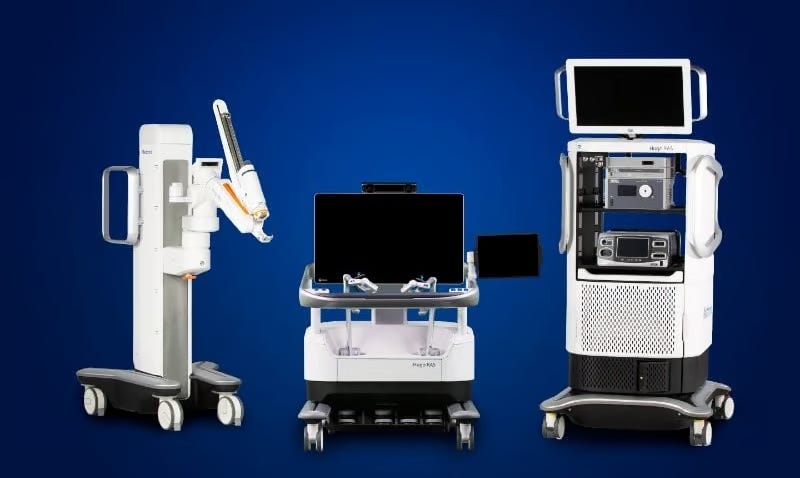
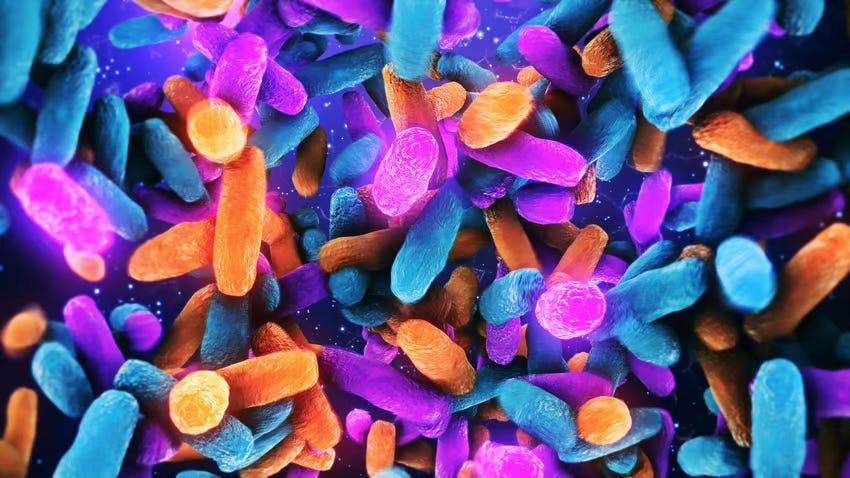
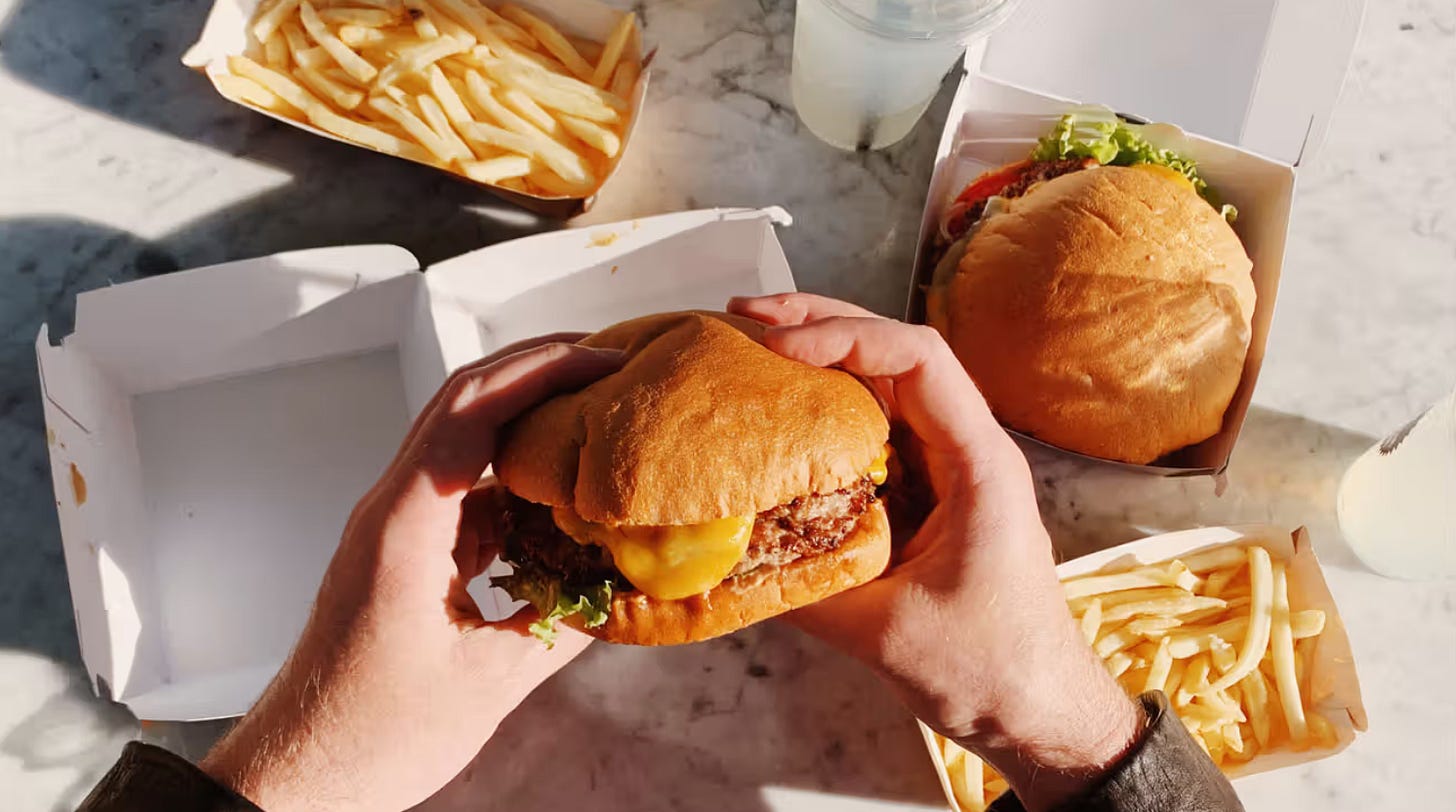

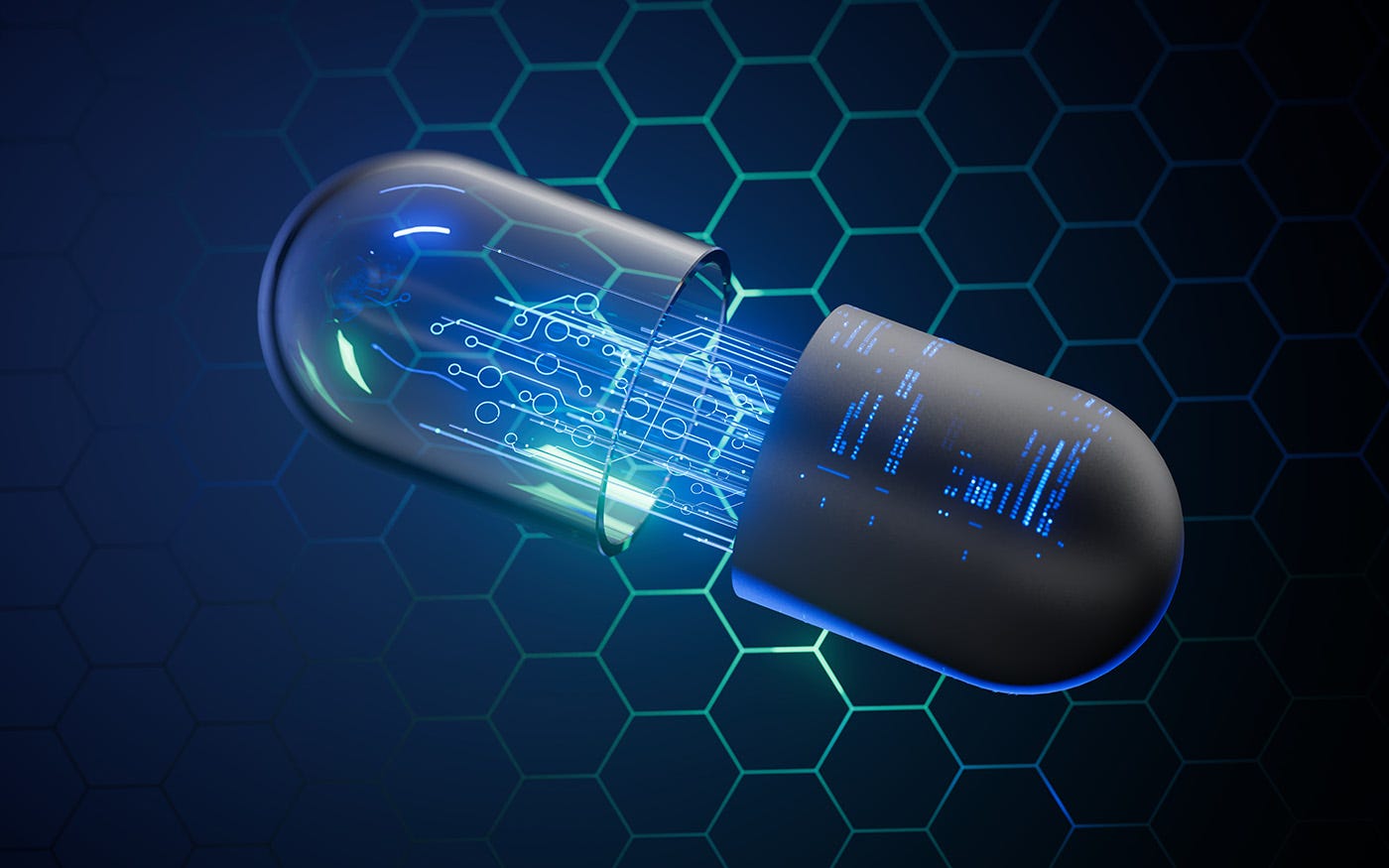

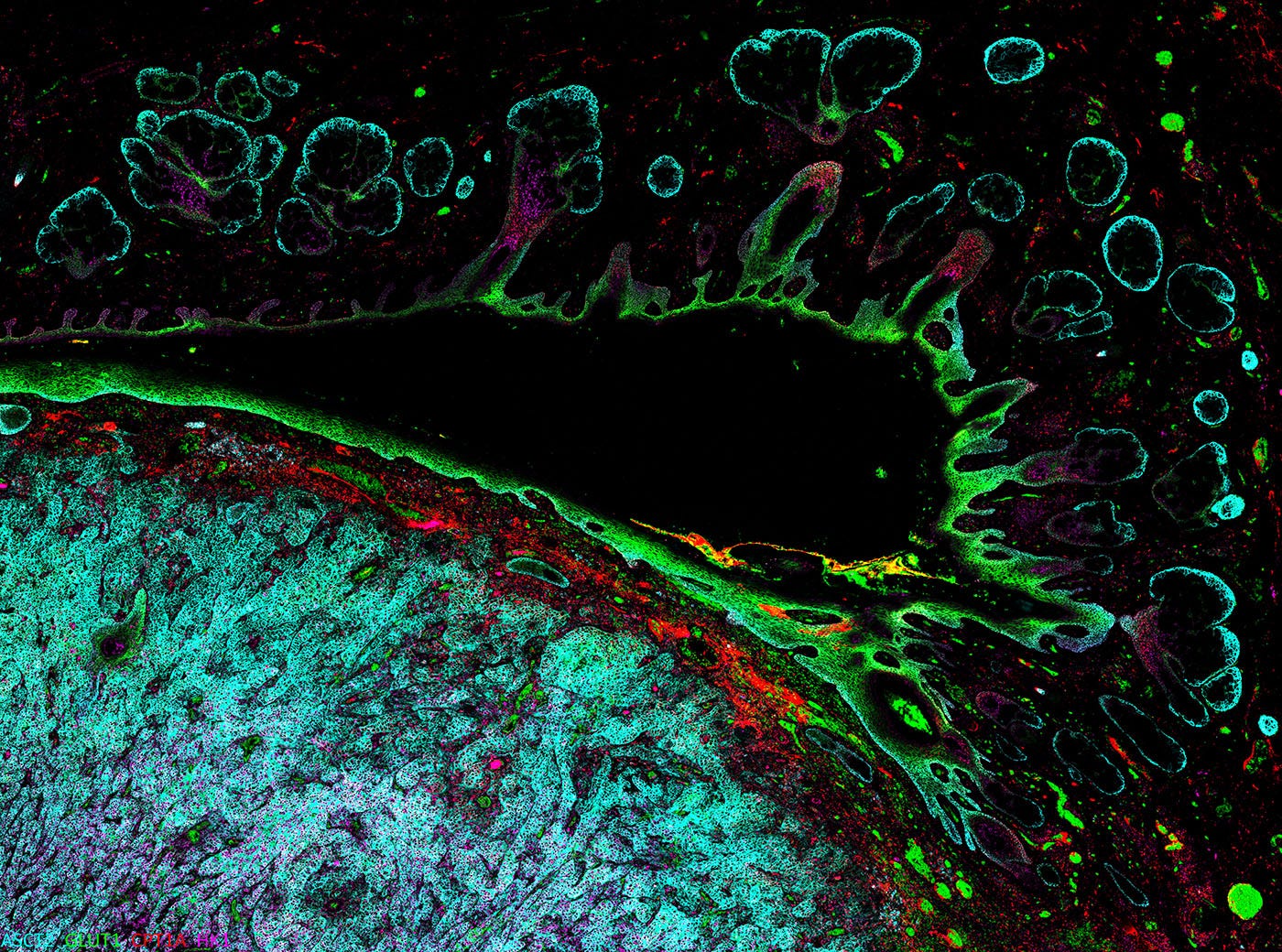







Share this post